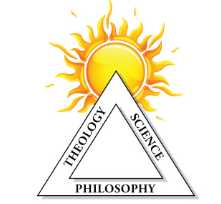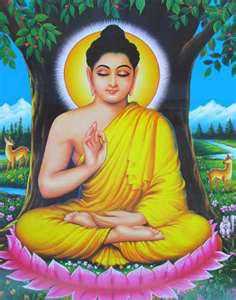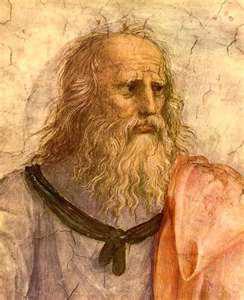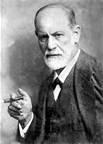
|
THE PURSUIT OF WISDOM - CONTENTS
|
| Chapter |
Period |
Field of Study |
Page |
Preface
| | | i |
Introduction: Defining Wisdom
| | v |
| 20th Century BCE | | | |
| Abraham................... | b. 2000 BCE...... | Theology | 1 |
| 14th Century BCE | | | |
| Moses................... | 1391-1271 BCE..... | Theology | 4 |
Read more

|
THE PURSUIT OF WISDOM - PREFACE
|
Our world, rich with thought and progress, has accorded mankind a sacred existence full of amazement and wonder. From the
beginning of recorded time man’s universe has evolved as an everchanging microcosm of the great eternal unknown – constantly proliferating
with new discoveries that question, alter, mold and define man’s sense of knowledge and being. As man unearths the mysteries
of life we continue to get closer to understanding its meaning, its structure and our place in it - giving us the opportunity to live life
more purposefully.
Read more

|
THE PURSUIT OF WISDOM - INTRODUCTION: DEFINING WISDOM
|
After centuries of guidance, scientific discoveries and philosophical inquiries, man is empowered more than ever to address the
fundamental question: With all the wisdom we have gained through the ages, how can we live a fulfilling and meaningful life?
Of all human pursuits, defining wisdom is one of our most elusive endeavors. The ideal of wisdom encompasses more than the
judgment needed to make decisions, or simply choosing the best answer between available options. The possession of factual knowledge
alone does not constitute the attainment of true wisdom, because wisdom does not necessarily entail great intellectual aptitude.
Wisdom transcends practical intelligence.
Read more
|
“…A man who has given his heart to learning and true wisdom and exercised that part of himself is surely bound,
if he attains to truth, to have immortal and divine thoughts, and cannot fail to achieve immortality as full as is permitted to human nature;
and because he has always looked after the divine element in himself and kept his guardian spirit in good order he must be happy above all men.”
PLATO, TIMAEUS
|

|
SIDDHARTHA GAUTAMA BUDDHA 563 – 483 BCE
|
With his great wisdom and appreciation of how philosophy, religion and science inform each other, Albert Einstein believed that,
“The religion of the future will be a cosmic vision. It will have to transcend a personal God and avoid dogma and theology.
Encompassing both the natural and the spiritual, it will have to be based on a religious sense arising from the experience of all things,
natural and spiritual, considered as a meaningful unity…Buddhism answers this description…If there is any religion ..
Read more

|
PLATO 427 – 347 BCE
|
Known as the most influential figure in Western philosophy, Plato commented on a diverse range of subjects, including justice, knowledge, truth, the good,
virtue and government. He also questioned the reality of the physical world, now known as “Platonism.” The discord between the material world and the
spiritual was a recurring inquiry in all of his works, as Plato attempted to see through “appearances” in order to understand true reality and the
nature the world.
Read more

|
SIGMUND FREUD 1856 – 1939 CE
|
Today, it is a common part of our daily vocabulary to consider the psychology of the mind – investigating what drives man to act the way he does,
and determining the origins of psychic disorders. In the Greek and Roman eras, insanity was seen as a punishment from the gods or a problem with
the soul. In 400 BCE, Hippocrates theorized that emotional illness was an imbalance of bodily fluids. Early Christian beliefs held that mental
instability resulted from sin or demonic possession..
Read more
|